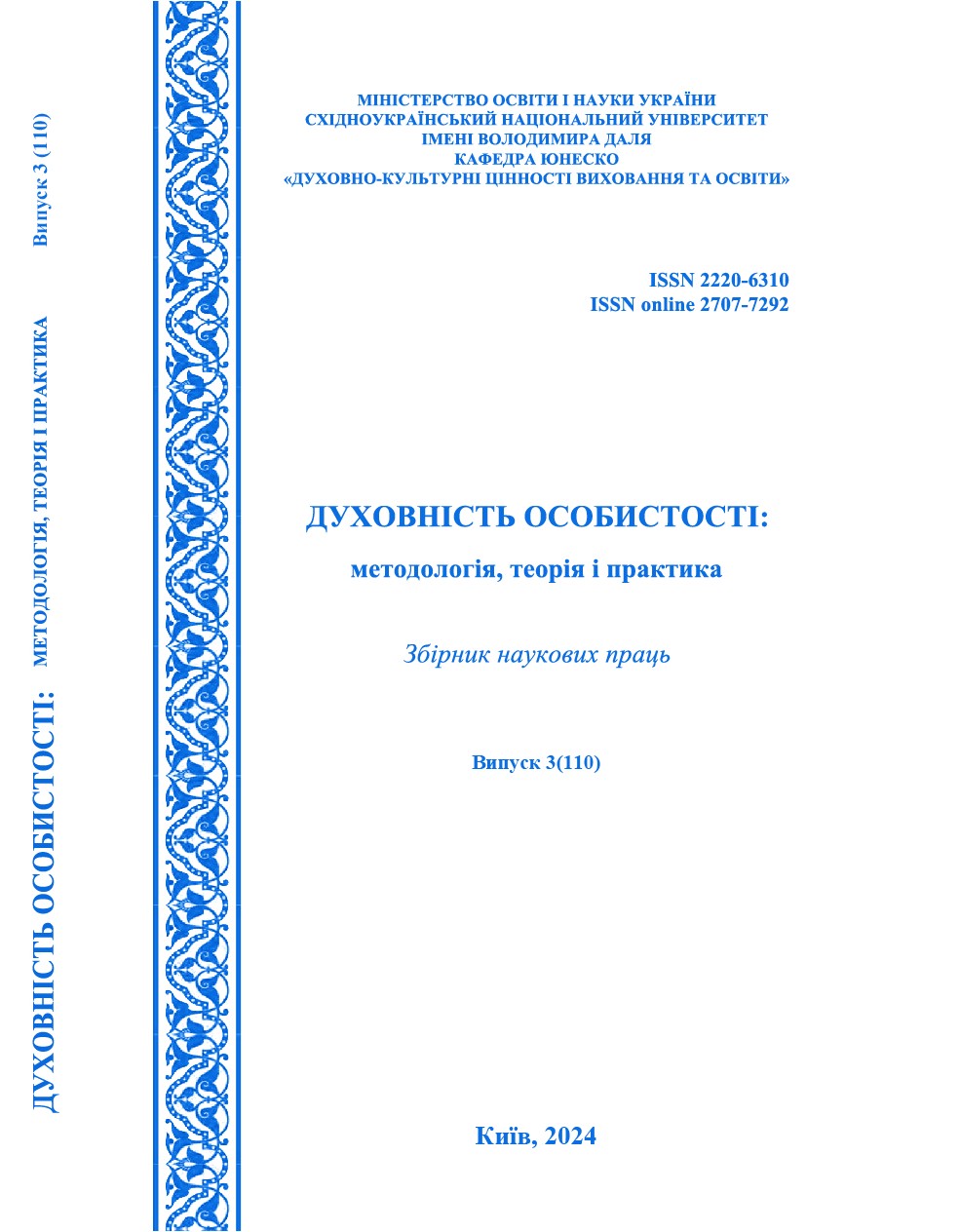Historiographical analysis of the stages of development of distance learning in postgraduate education in ukraine
Historiographical analysis of the stages of development of distance learning in postgraduate education in ukraine
DOI:
https://doi.org/10.33216/2220-6310/2024-110-3-160-170Keywords:
historiographical analysis, stages, development, distance learning, postgraduate educationAbstract
The article carries out a historiographical analysis of the stages of the development of distance learning in postgraduate education in Ukraine.
It is noted that the problem of full-scale and high-quality implementation of distance learning in postgraduate pedagogical education has become particularly relevant at the moment, and for such implementation, past domestic and foreign experience, and the use of ideas of scientists to solve modern educational problems are important.
On the basis of the study and analysis of the scientific output of domestic scientists, the following stages of the formation and development of distance education in Ukraine are distinguished: the first stage (2000–2001), the second stage (2002–2003) (L. Shynkarenko); the stages of distance learning implementation in postgraduate pedagogical education – the first initial stage (1999–2002), the second – the formation stage (2003–2008), the third one – the development stage (2009–2014) (S. Antoshchuk); the stages of formation and development of the system of postgraduate pedagogical education together with the introduction of distance learning: the first stage – the stage of formation of postgraduate pedagogical education as a system (2000–2005), the second stage – the stage of development (2005–2010), the third stage – the stage of modernization of educational activities of institutions of postgraduate pedagogical education (2011–2015), the fourth stage – the stage of digitalization based on the wide application of modern information, computer, telecommunication and digital technologies in educational activities (2016 and until now) (L. Liakhotska).
It is concluded that the study of historical experience makes it possible to identify patterns of development of the problem researched, to solve modern educational problems (lifelong learning, continuity in the training of teaching staff, learning at a distance, additional learning, online learning, distance learning) effectively taking into account the achievements of the past, promotes purposefulness, concreteness, perspective.

